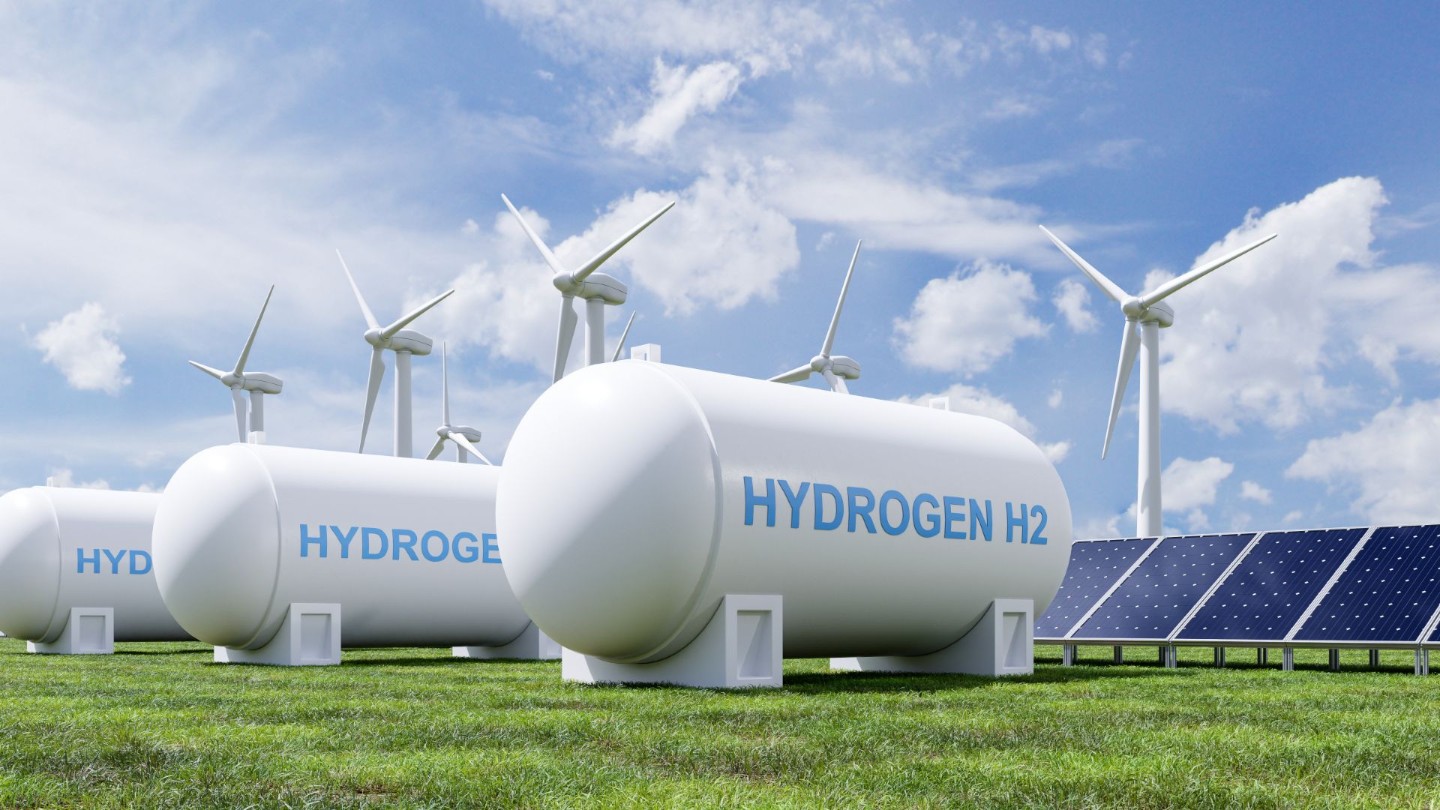Brazil and Germany have a long-standing history of collaboration in the renewable energy sector, and in 2024, their partnership is taking a significant step forward with a focus on green hydrogen. Both countries are investing heavily in green hydrogen technology as part of their commitment to reducing carbon emissions and transitioning to sustainable energy sources. This partnership is set to position Brazil as a global leader in green hydrogen production, while Germany benefits from a reliable, clean energy source to meet its ambitious climate goals.
Green Hydrogen Projects in Brazil
As part of the partnership, Brazil is developing large-scale green hydrogen projects in key regions such as the Northeast, where renewable energy resources like wind and solar power are abundant. Brazil’s Companhia Hidro Elétrica do São Francisco (CHESF) and German energy giant Siemens Energy have teamed up to launch the “Green Hydrogen Northeast” project. This initiative aims to produce hydrogen using renewable energy from wind and solar farms, positioning Brazil as a major exporter of green hydrogen to Europe.
Technology Transfer and Investment
Germany is providing both financial investment and technical expertise to support Brazil’s green hydrogen initiatives. German companies are working closely with Brazilian energy firms to transfer advanced hydrogen production technologies, including electrolysis systems that convert renewable energy into hydrogen. This collaboration is expected to accelerate the deployment of green hydrogen infrastructure in Brazil, making the country a key player in the global hydrogen economy.
Economic and Environmental Impact
The Brazil-Germany partnership is not only expected to boost the renewable energy sector but also to create significant economic opportunities. Green hydrogen production is anticipated to generate thousands of jobs in Brazil’s renewable energy industry, particularly in regions that are transitioning away from fossil fuel-based economies. Environmentally, the partnership will contribute to global efforts to reduce greenhouse gas emissions, as green hydrogen provides a clean alternative to traditional fuels in industries such as transportation and heavy manufacturing.
Export Opportunities for Brazil
One of the primary goals of the partnership is to establish Brazil as a major exporter of green hydrogen to Europe, with Germany as a key market. As Europe increases its demand for clean energy, Brazil is well-positioned to supply green hydrogen thanks to its vast renewable energy resources. The partnership is expected to lead to the development of export terminals and logistical infrastructure that will facilitate the transportation of green hydrogen to Europe and beyond.
Conclusion
The renewable energy partnership between Brazil and Germany is paving the way for groundbreaking developments in green hydrogen technology. By leveraging Brazil’s renewable resources and Germany’s technological expertise, the two countries are creating a blueprint for the future of sustainable energy. As the global demand for green hydrogen continues to rise, this partnership is poised to play a critical role in shaping the energy landscape of both nations.



